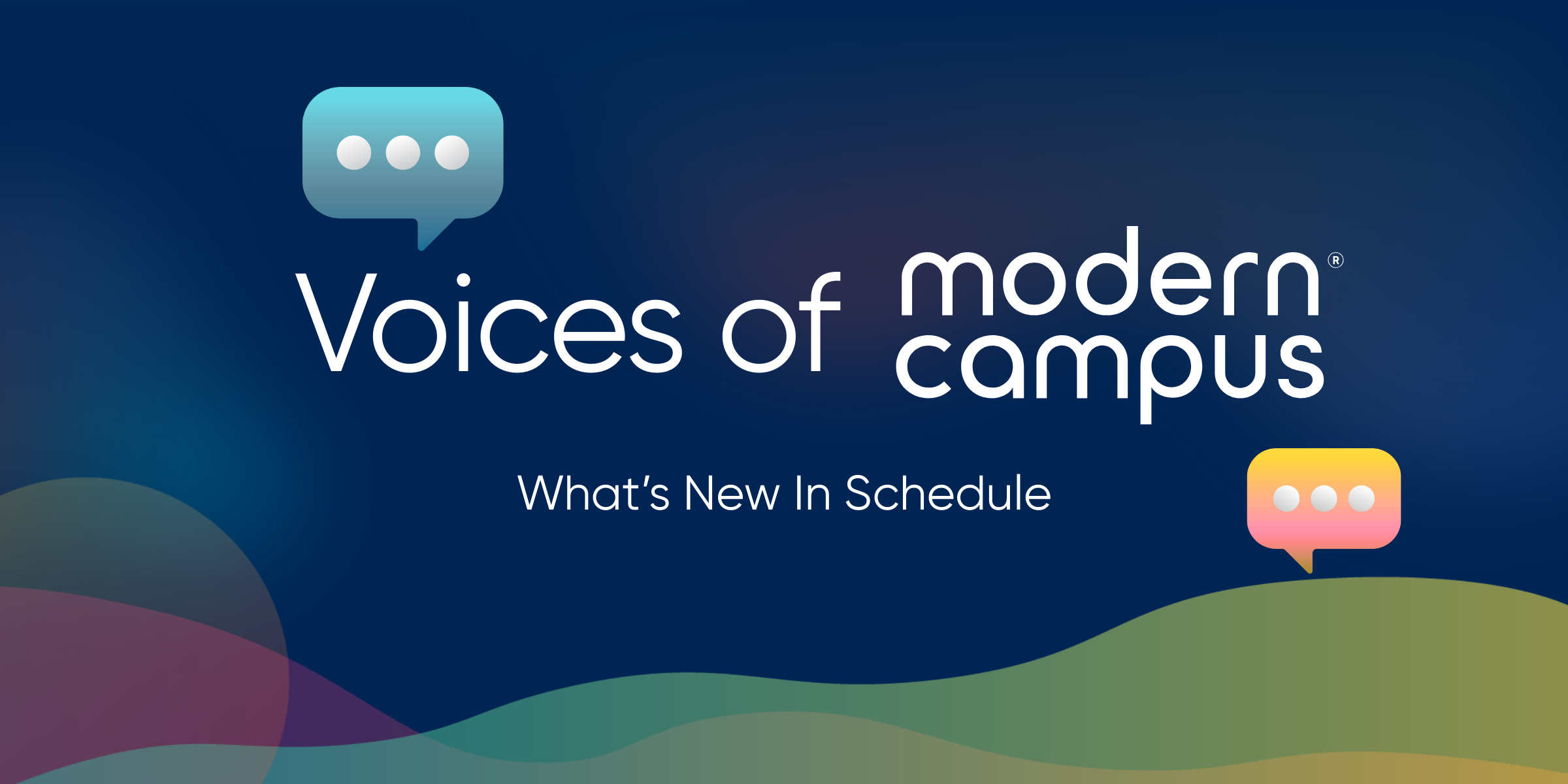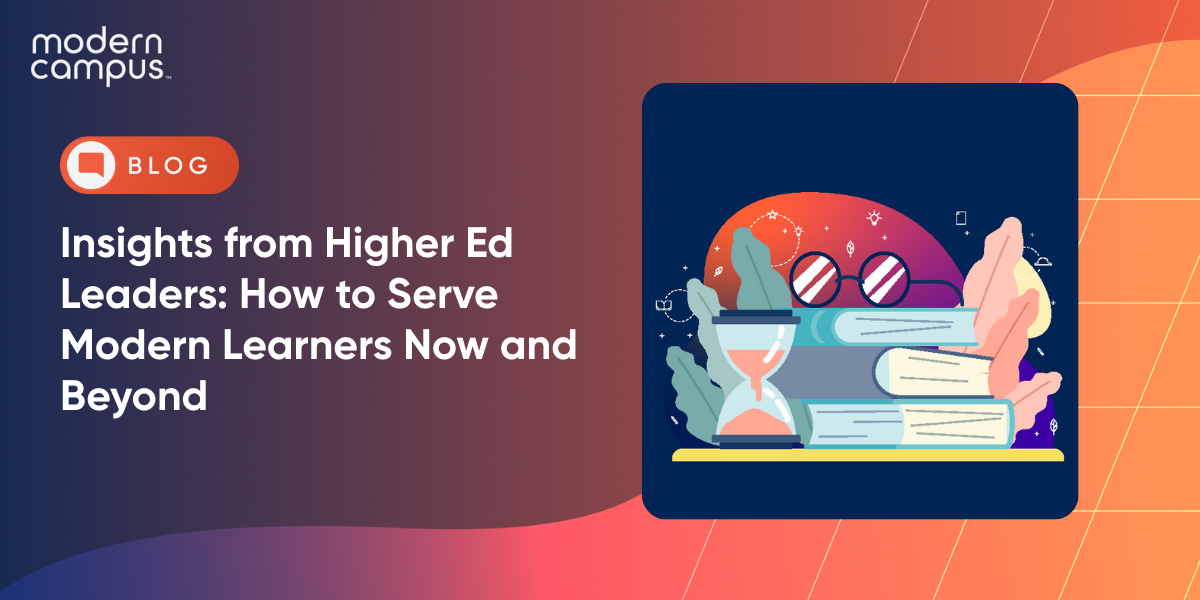Upping Everyone’s Skills: How Continuing Education and The Corporate World Benefit Each Other
Corporate culture and climbing the ladder are not new ideas but the fact that the work world and higher-ed world can co-exist and benefit each other may be a new, novel idea to students. Learners who upskill and reskill are not taking a risky chance; they’re investing in their future and themselves.
Mark Koulianos, Executive Director of Corporate Training and Professional Education at the University of South Florida, joins host Amrit Ahluwalia on episode 29 of Illumination, recorded live at the NCCET conference in Austin, Texas, to talk about what higher ed can learn from corporate culture.
At the university and college level, there needs to be strategy for administrators to follow, just as there needs to be a business plan for corporations. Previously, continuing education was often seen as an afterthought for administrators, but this leaves learners without an outline of where their school will be in the future. Koulianos says higher ed must be run as a business to prosper.
“It sounds simple, but in higher ed it’s not always understood that things need to be run like a company,” Koulianos says. “As an example, our unit doesn't get too much money from the university. We get very little grant money because that’s mainly going to the community college level, but it’s something we have to embrace. We focus on upskilling and reskilling, and there’s a lot of competition in that space. We can’t be afraid of a little competition; we go in with an entrepreneurial mindset.”
Of course, the lack of funding can lead to unforeseen obstacles. So often, higher ed leaders have ideas that could completely change how they operate but concluded that it just isn’t feasible to act on.
Having someone in charge that truly understands the space they’re in, whether it be on Wall Street or a college campus, is critical to success. Koulianos’s idea is that since so many students are in four-year programs, once they graduate there is a chance they’re never seen again. In an ideal world, colleges can maintain their relationship with learners for their entire professional career.
“Because of the way technology improves so rapidly, and how skills can become so obsolete so fast, why wouldn’t students want to come back to the University of Southern Florida to upskill and reskill?” Koulianos says. “It wasn’t easy to sell that message. Typically, administrators, professors, and even deans get tunnel vision and focus on the four-year degree programs. Getting them to understand that our mission is education and workforce development, which plays a role in the economic engine, is an important part.”
The idea of obsolete skills and technology advancing plays such an important role in higher ed and professional education. Areas such as cybersecurity that are constantly requiring people to reskill or upskill due to changing threats and new technologies are struggling to find qualified candidates to fill roles in the first place. It’s a growing industry that has to adapt to change, and the demand for employees isn’t being met by graduates.
For the sake of argument, if there are 50,000 grads coming out of cybersecurity programs annually, there could be hundreds of thousands of new jobs waiting to be filled. Of course, this is just a hypothetical, but everything requires a computer nowadays—which means there is potential for jobs to completely change in a short amount of time, requiring employees to reskill. By the time this happens, they’re essentially playing catch up, Koulianos says.
The first part of USF’s plan is to develop continuing education for fields that are most venerable to these challenges , such as STEM. The second, is to develop programs for elementary and high school students that get the ideas of a career and continuing education in their heads early.
Having the students understand from an early age they can make a living doing something, and that they can be good at it, is imperative to their success and understanding of the program, Koulianos says.
From a business management perspective, Koulianos is figuring things out as he goes. It’s as if he and the faculty at USF are selling multiple products to multiple audiences. To mitigate this, the school is investing in itself, Koulianos says. Building better programs costs money but it attracts more, and better, students as well.
“I laugh because I came from the corporate world,” Koulianos says. “We would invest money by cutting costs and looking for ways to do things better. So I’m ok with having to self-invest, but this is the first time I’ve ever had to do this without some form of influx of money.”
Eventually, that investment turns a profit or, in this case, a better program that can reach more people.
Listen to This Episode
Listen on Apple Podcasts Listen on SpotifyRSS Feed
Last updated: February 11, 2022


